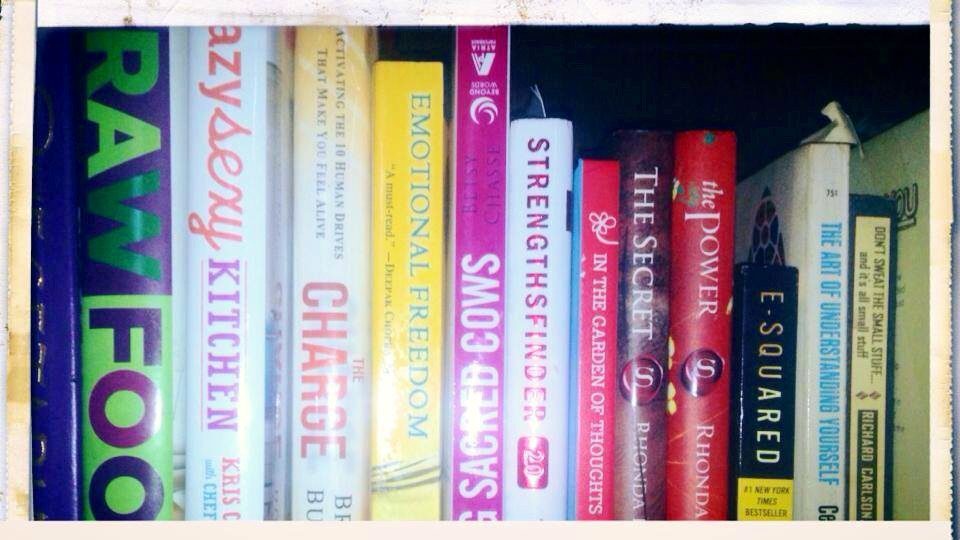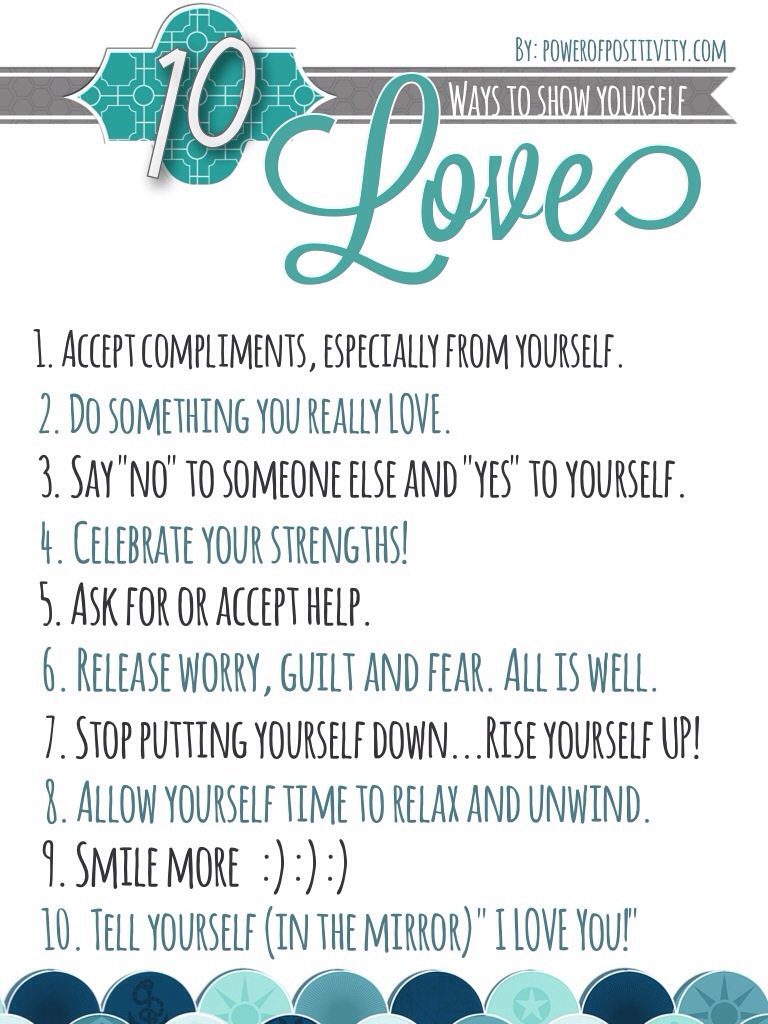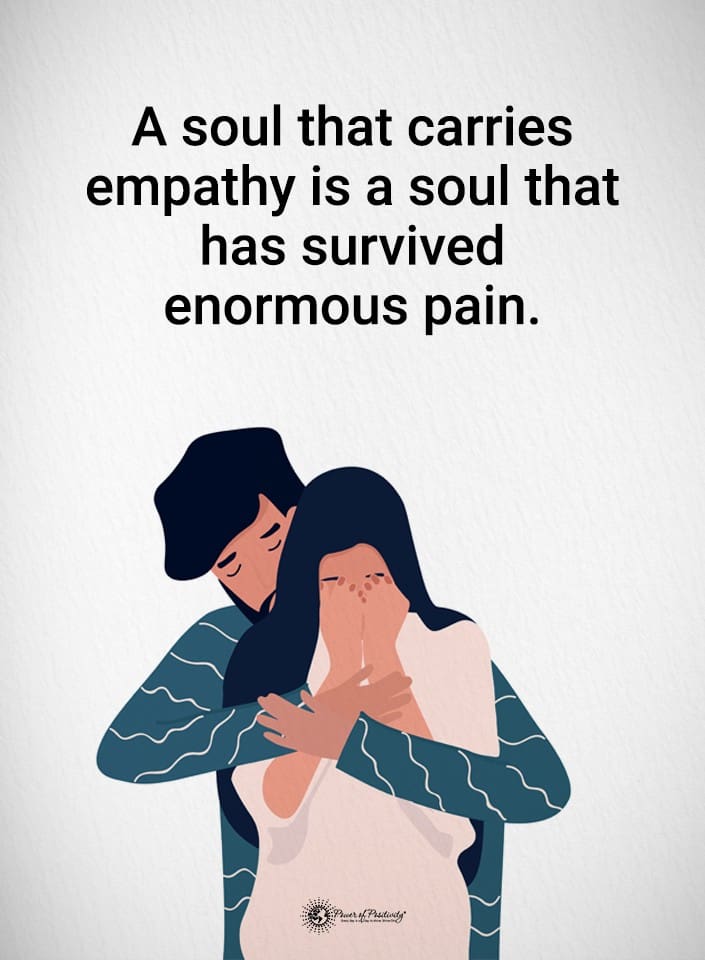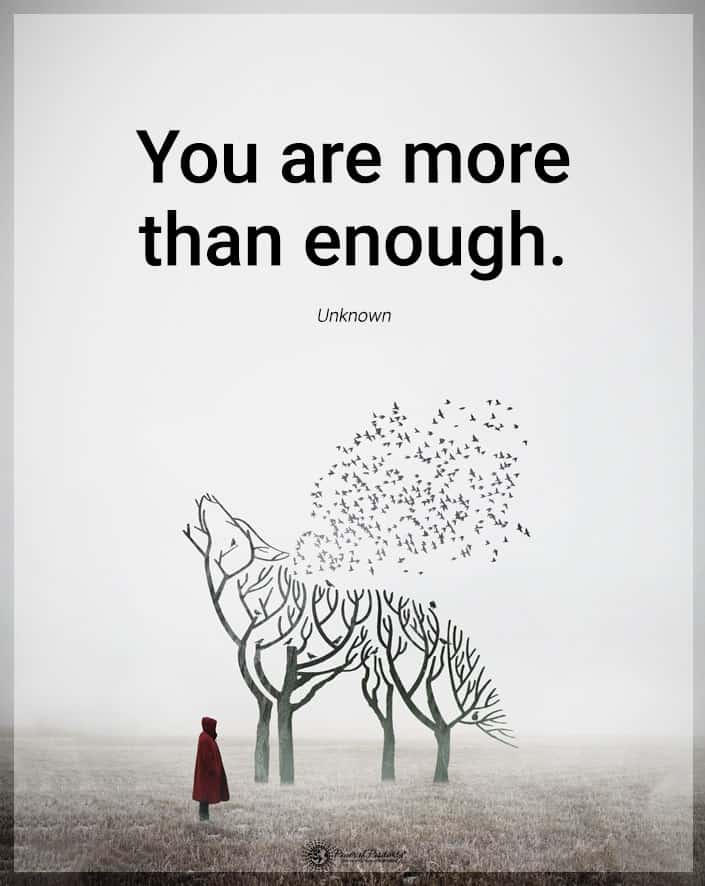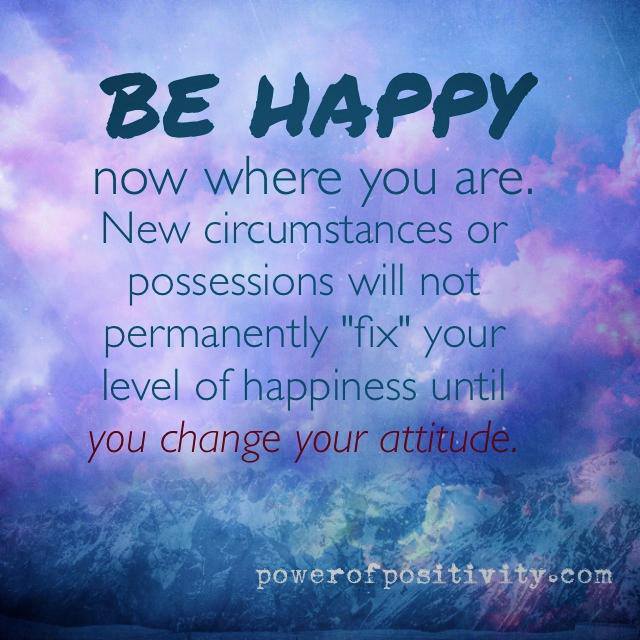Depression is a mood disorder that affects nearly 6% of the U.S. population – about 18.8 million people ages 12 and older. According to the Anxiety and Depression Association of America, depression is characterized by persistent feelings of discouragement, sadness, hopelessness, and disinterest in life. Need info on how to treat depression?
We know all too well the “recommended” methods to treat depression, including therapy and expensive prescription medications. If you ask most people, they would probably list one of these two “recommendations” on how a person should treat depression if they think they’re depressed.
But there is another way to help treat depression: being mindful.
What exactly does “mindfulness” mean? More importantly, how does it work?
Contrary to popular belief, being mindful is not simply meditation; although meditation can certainly be one aspect of the practice. Two words can describe mindfulness quite well: being present.
Mindfulness means being present within your mind, your body, and your relationships. Not only can practicing mindfulness help treat depression by reducing the symptoms, it’s a good practice in general.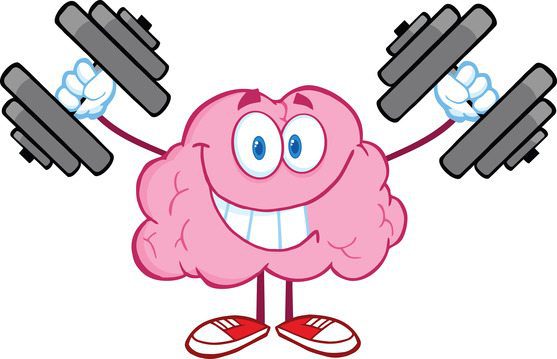
Let’s delve into each one.
Being present within your mind
Negative and depressive thoughts are often continuous – one negative thought breeds another, then another. In other words, human beings’ brains are often on auto pilot. This means that it’s very easy to allow negative thoughts to permeate and, as a consequence, the afflicted person is caught up on a cycle of negative thinking.
When we consciously turn our autopilot off and direct our thoughts onto something positive and productive – a task, work, or other activity – we redirect our thinking and, in effect, change our moods!
Being present within your body
Tension, shortness of breath, sweaty palms, a tight stomach – these are all physical symptoms of depressive and negative thoughts. Through evolution, our bodies have adapted to threatening situations by heightening our awareness of them. This is also known as “fight or flight.”
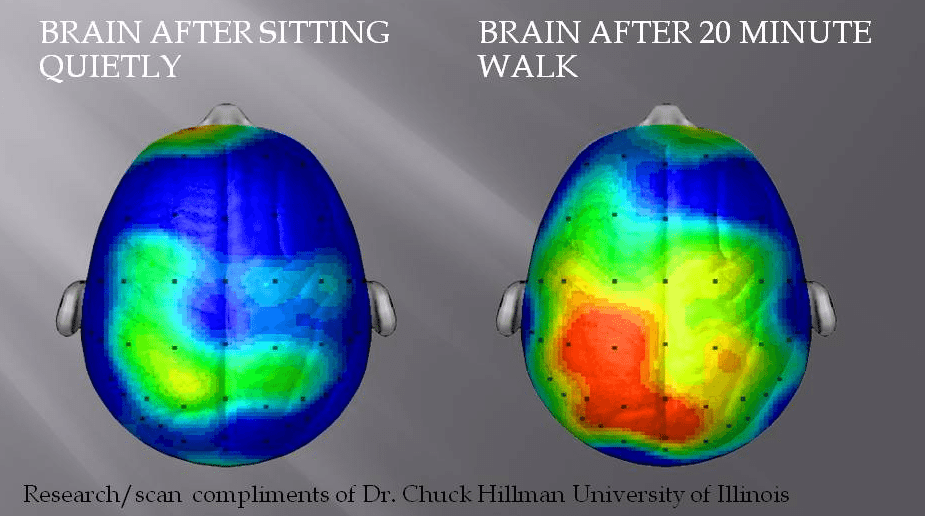 By monitoring and controlling your breath, stretching your body, or using another activity such as mindful walking or yoga, you focus your body and mind on the activity and off of your autopilot.
By monitoring and controlling your breath, stretching your body, or using another activity such as mindful walking or yoga, you focus your body and mind on the activity and off of your autopilot.
A brief, three-minute breathing activity has been found to be remarkably effective in helping treat depression and negative thoughts. The reason is that people who experience troubling thoughts are often unmotivated and pessimistic. It’s as simple as focusing on your breath, and only your breath, for three minutes.
So find a quiet spot, set a timer, and breathe!
Being present within relationships
We live in a world with a lot of people – I know, revolutionary stuff here, right?
Well, mindfulness can help strengthen our good relationships and bring healing to our bad relationships – or just a bad situation. That concept may indeed be revolutionary for some of us. By bringing more attention to relationships, we can more deeply appreciate the precious time with the people we love and care for – in every situation, every time, everywhere.
By bringing more attention to relationships, we can more deeply appreciate the precious time with the people we love and care for – in every situation, every time, everywhere.
For instance, when eating a meal with your significant other – just absorb them. Look them in the eyes and talk. Forget everything else – this is the opportunity to create small memories.
When disputing with someone, subdue your impulse to argue and just listen. Empathize and understand them, and then come to a solution. This will improve the situation, and you may just make a new friend.
The take away is this: just be present. Something amazing may happen.

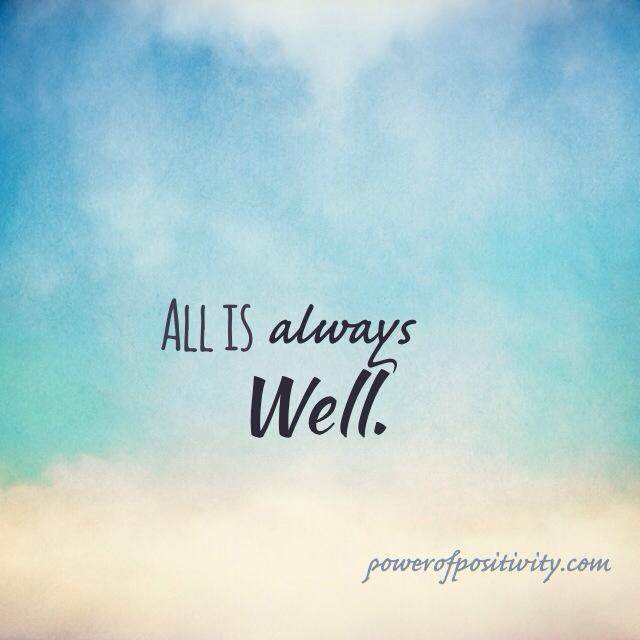




 Types of Bibliotherapy
Types of Bibliotherapy